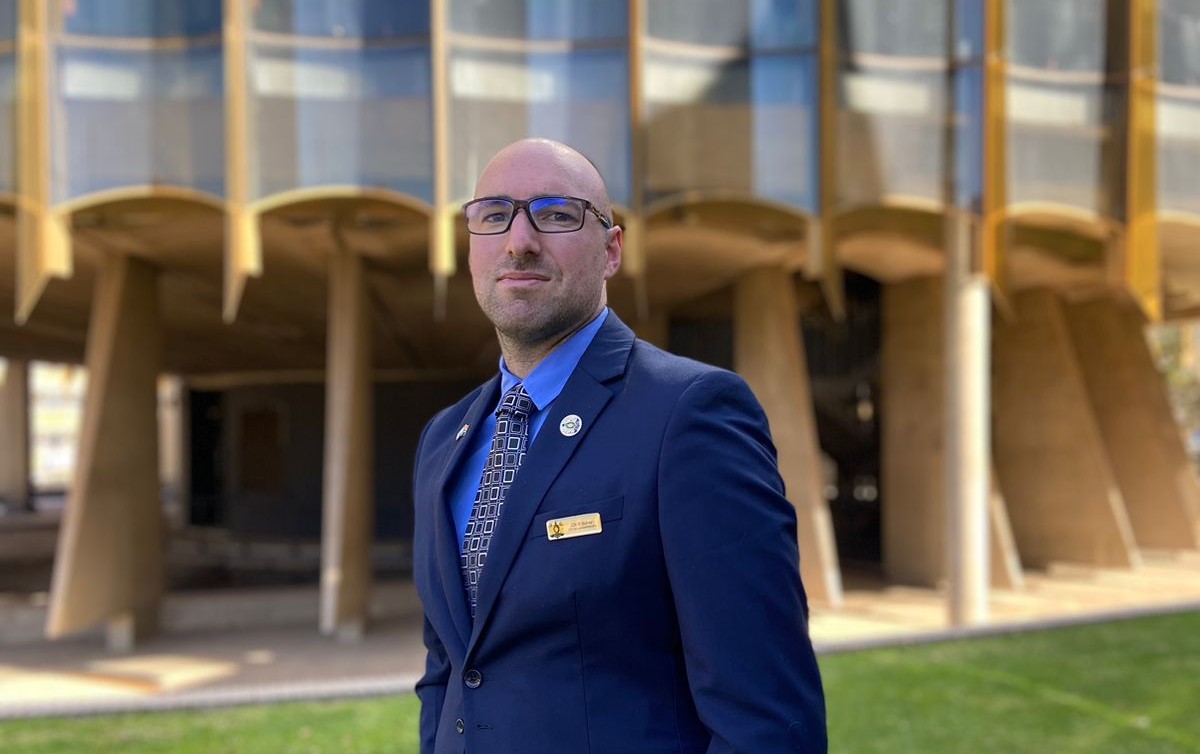
OpEds

Johannesburg’s high and low road – a critical juncture
Published
4 days agoon
By
Daniel SchayThe recent national and provincial elections in May 2024 have irrevocably altered South Africa’s political landscape, ushering in an era of a Government of National Unity. This coalition, while a testament to our nation’s democratic resilience, brings with it profound implications for the future governance of Johannesburg and Ekurhuleni, particularly considering the African National Congress (ANC) Gauteng’s recent manoeuvres.
Post-election, Gauteng finds itself at a political crossroads, with Johannesburg and Ekurhuleni teetering on the edge of significant change. The reluctance of ANC Gauteng, led by Panyaza Lesufi, to share power in a manner reflective of the proportional votes, raises critical questions about its motives and strategies. Observers suggest Lesufi might be comfortable operating a minority government, possibly relying on clandestine agreements with the Economic Freedom Fighters. Such a pact likely involves promises of increased power in metro councils or lucrative contracts funnelled towards allies, a pattern all too familiar and detrimental.
In Johannesburg, the presence – or lack thereof – of a mayor, installed as a puppet figurehead, further exacerbates the city’s governance crisis. This mayor has served as a smokescreen for corruption and mismanagement, undermining the city’s capacity to deliver basic services and manage its resources effectively. Such leadership is unacceptable, and highlights the urgent need for a re-evaluation of our city’s governance structures.
This path, should it solidify, threatens to exacerbate the existing malaise: rampant corruption, dwindling city revenue, plummeting service delivery, and ineffectual leadership, culminating in a governance crisis that could stifle Johannesburg’s potential. However, another path might be emerging, albeit tentatively. Lesufi has hinted at possible collaboration with the Democratic Alliance (DA) at provincial level, which could open the door for discussions at local government level, paving the way for a more balanced municipal government – a real government of local unity.
A coalition involving the ANC and DA, including the Inkatha Freedom Party, could reshape the administrative framework of Johannesburg and Ekurhuleni. This model promises greater stability than the current setup, and could usher in an era of governance reflective of our collective electoral voice. Such a government wouldn’t only help curb the excesses of corruption, but also position Johannesburg as a fertile ground for local and international investment.
Johannesburg, historically the engine room of South Africa, is in dire need of robust, transparent governance. The city must reclaim its role as a major hub for business and innovation. To revitalise its economic landscape, Johannesburg must actively work towards creating an environment conducive to business growth and investment. This involves streamlining regulatory processes, enhancing infrastructure, and providing incentives for businesses to establish and expand their operations here.
The potential benefits of a DA-involved government are manifold. Historically, regions under DA leadership have shown better financial management and service delivery. Integrating these strengths into Johannesburg’s governance could enhance operational efficiencies, attract investment, and improve public services, laying a solid foundation for economic revival.
Furthermore, by attracting businesses, Johannesburg can drive employment, thereby increasing the city’s revenue base. This economic upliftment is essential not only for enhancing living standards but also for funding social outreach programmes that address healthcare and housing disparities among others.
A genuinely cooperative local government could restore faith in Johannesburg’s administration, both domestically and internationally. The city could once again assert itself as a premier African metropolis, capable of attracting global businesses and tourists, thereby revitalising its international standing.
However, the route to such an outcome is fraught with challenges. Negotiations between the ANC and DA will require substantial compromises and a shared commitment to transparency and public accountability. The DA wouldn’t just play a participatory role but one of vigilant oversight, ensuring that the coalition remains committed to its reformative agenda.
Engagement with the broader community will also be vital. As a city, Johannesburg is incredibly diverse, with a myriad social and economic needs that must be addressed comprehensively. Public participation in shaping the city’s future cannot be overstated; it ensures that the policies enacted are truly reflective of the collective will of the people. This means regular dialogue with community leaders, business owners, and the general public to gain insight and foster a sense of ownership and responsibility towards communal resources and development projects.
Economically, Johannesburg must capitalise on emerging industries and technologies. Involving the DA in the governance framework could accelerate initiatives around digital infrastructure, green energy, and sustainable urban development. These sectors not only promise economic growth but also position Johannesburg as a leader in innovation and sustainability in Africa.
The importance of maintaining robust checks and balances cannot be understated. A shared governance approach will require constant vigilance to prevent the lapses into mismanagement and corruption that have plagued our city’s administration in the past. The DA’s commitment to accountability and rule of law will be crucial in instituting a governance culture based on ethical leadership and transparent operations.
In conclusion, Johannesburg stands at a pivotal juncture. The decisions made in coming months will determine the city’s trajectory for decades. As stakeholders in this great city’s future, we must advocate for a governance model that prioritises integrity, inclusivity, and sustainability. Let’s choose the path of collaborative governance, where every vote and voice is respected, and where the prosperity of Johannesburg is the collective goal. This isn’t merely a choice but a responsibility – to our city, our constituents, and to the generations that will inherit this metropolis. It’s time for a renewed commitment to the city’s future, one that embraces collaboration, transparency, and proactive governance to foster a thriving Johannesburg.
- Daniel Schay is a member of the City Council of Johannesburg, serving as the DA Shadow MMC of Development Planning and Ward Councillor for Ward 72.










